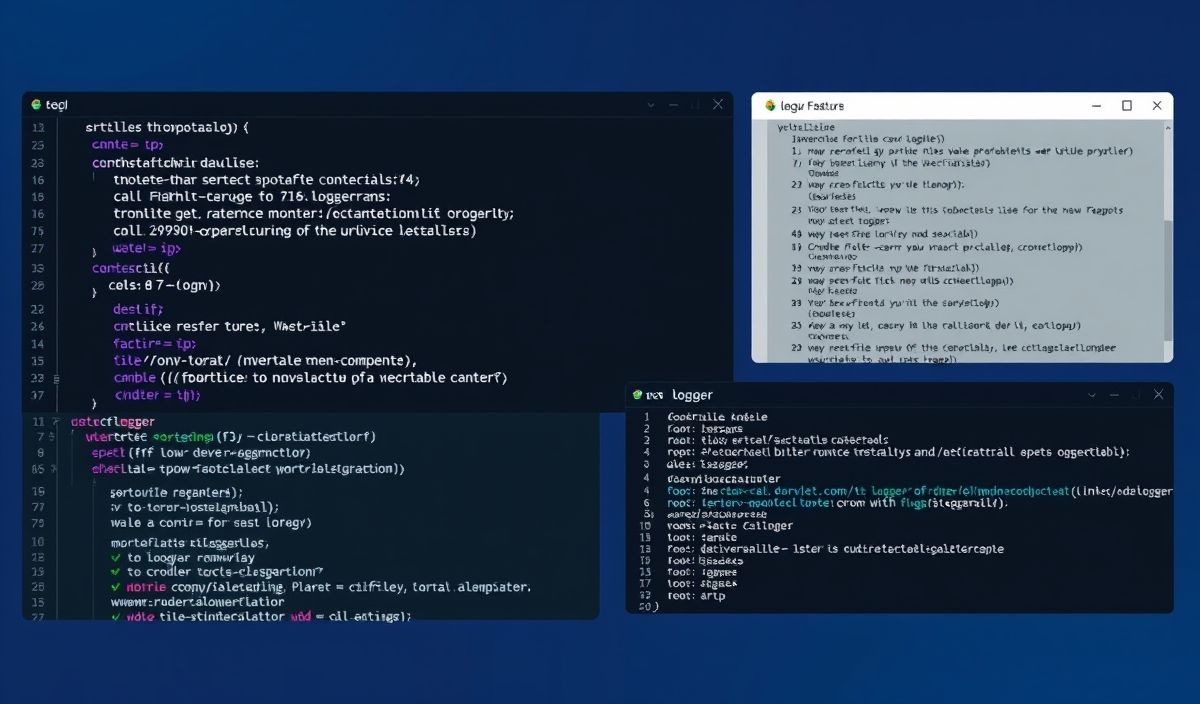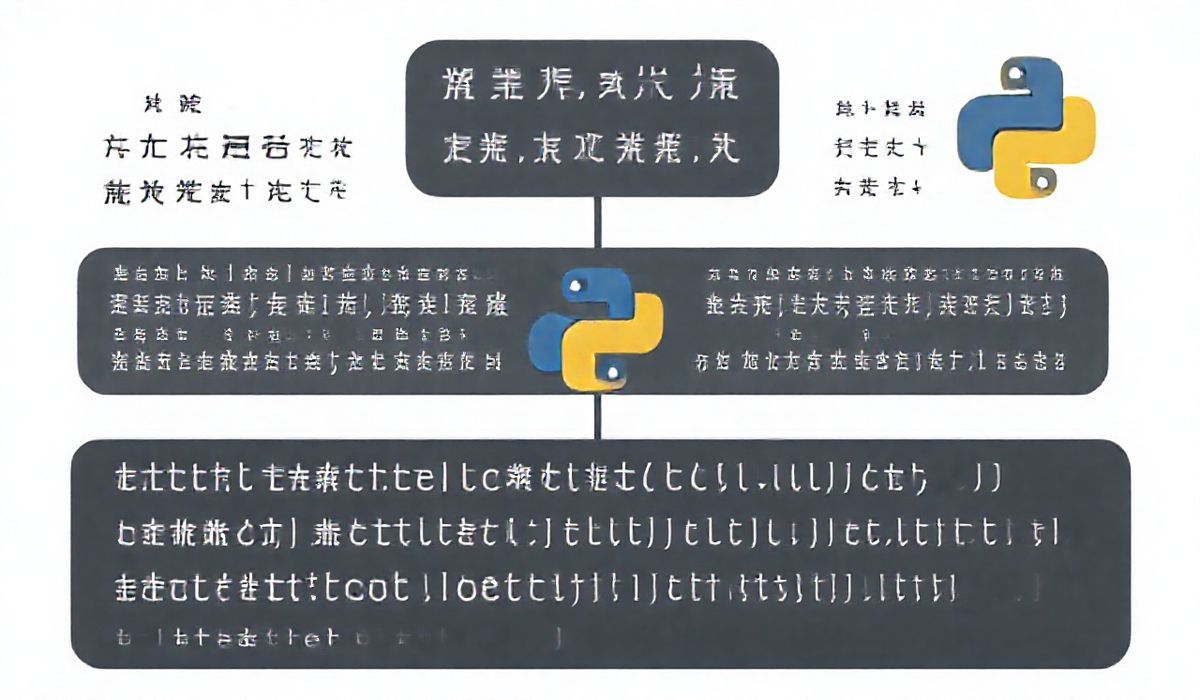Introduction to `tar-stream`
`tar-stream` is a powerful and lightweight Node.js library designed for reading and writing streaming tar archives.
It provides simple yet flexible APIs to handle tar files easily. This guide will introduce you to the `tar-stream`
library, explain its various APIs, and offer several examples to help you get the most out of this versatile tool.
Installation
To install `tar-stream`, run the following command:
npm install tar-streamCreating a Tar Stream
To create a tar stream, you can use the `pack` method:
const tar = require('tar-stream')
const pack = tar.pack()
pack.entry({ name: 'my-file.txt' }, 'Hello, world!')
pack.finalize()
pack.pipe(fs.createWriteStream('output.tar'))
Extracting a Tar Stream
To extract a tar stream, you can use the `extract` method:
const tar = require('tar-stream')
const extract = tar.extract()
extract.on('entry', function(header, stream, next) {
stream.on('end', next)
stream.pipe(fs.createWriteStream(header.name))
})
fs.createReadStream('output.tar').pipe(extract)
Adding Files Dynamically
You can add files dynamically to a tar stream using the `entry` method:
const tar = require('tar-stream')
const pack = tar.pack()
pack.entry({ name: 'my-file.txt' }, 'Hello, world!')
pack.entry({ name: 'another-file.txt' }, 'Another file')
pack.finalize()
pack.pipe(fs.createWriteStream('multiple-output.tar'))
Working with Buffers
`tar-stream` also allows you to work with buffers directly:
const tar = require('tar-stream')
const pack = tar.pack()
const buffer = Buffer.from('This is a test file')
pack.entry({ name: 'buffer-file.txt', size: buffer.length }, buffer)
pack.finalize()
pack.pipe(fs.createWriteStream('buffer-output.tar'))
Full Application Example
This full example demonstrates how to create a tar archive, add files to it, and then extract those files:
const fs = require('fs')
const tar = require('tar-stream')
// Create tar archive
const pack = tar.pack()
pack.entry({ name: 'file1.txt' }, 'Content of file1')
pack.entry({ name: 'file2.txt' }, 'Content of file2')
pack.finalize()
pack.pipe(fs.createWriteStream('app-output.tar')).on('finish', () => {
// Extract tar archive
const extract = tar.extract()
extract.on('entry', (header, stream, next) => {
stream.pipe(fs.createWriteStream(header.name))
stream.on('end', next)
})
fs.createReadStream('app-output.tar').pipe(extract)
})
In this example, we’ve created a tar archive with two files and then extracted them. This basic workflow can be extended and modified to suit more complex scenarios.
By understanding and utilizing the `tar-stream` library, you can efficiently handle tar archives in any Node.js application.
Hash: 681e32bf559abd109d29a7ca1bab5de51152ec52a2120763b59779bdb66b2ec4




